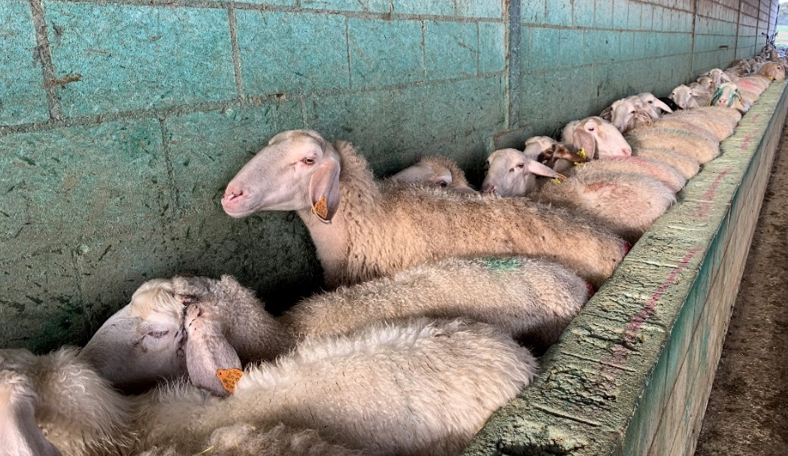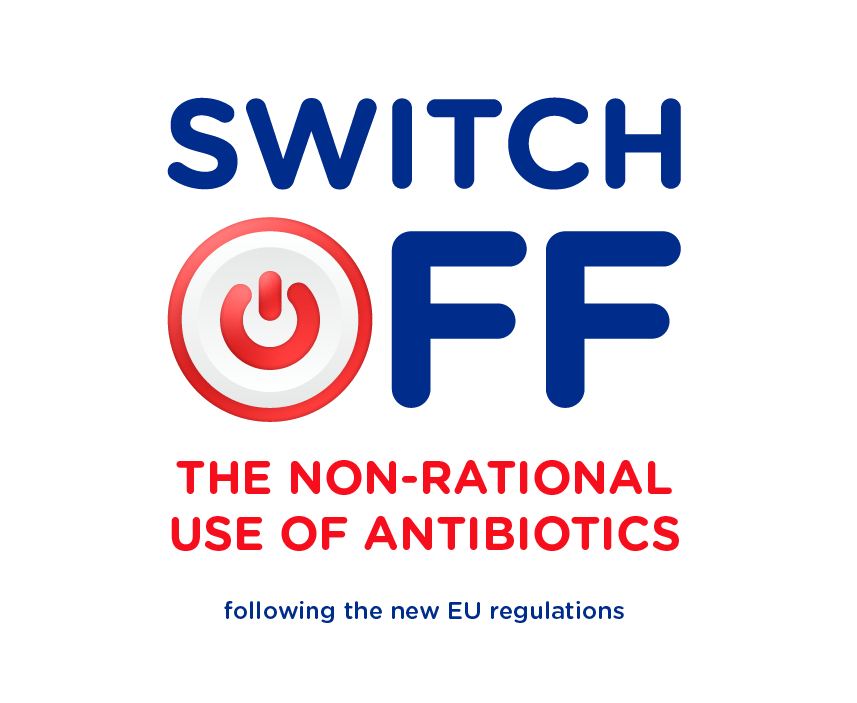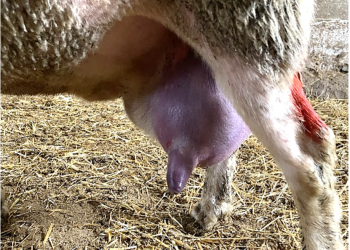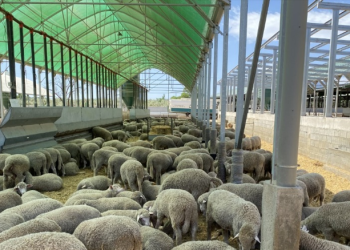Lack of data
There is little information on the use of antibiotics in sheep and goats compared to other species. This may be because of the characteristics of the sector, which in general is very heterogeneous and not very high-tech (in some countries), which can make data collection and communication difficult.
The collection of data on the use of antibiotics in small ruminants must be encouraged.
This lack of data is a problem as in order to be able to determine the best antibiotic reduction strategy, we need to know details of antibiotic use in the sector: quantities, routes of administration, seasonality, variability between farms etc.

What do we know?
There are few studies on the diseases in small ruminants that are most widely treated with antibiotics:
-
- Lameness: may account for over 60% of treatments.
- Ovine enzootic abortion: although the best way to control it is by vaccination.
- Neonatal infections: Especially watery mouth disease and arthritis.
- Respiratory conditions.
All these diseases can be prevented by implementing appropriate prevention and control programmes.
It is important to bear in mind that…
In many cases, there are no specific protocols for the diagnosis and treatment of diseases in sheep and goats and they are simply extrapolated from those for other species.
Moreover, the use of antibiotics in small ruminants is usually off-label (exceptional prescription), as there are few specifically licensed drugs and they have to be prescribed under the veterinary cascade.
In general, for the treatment of small ruminants, the regimens used in other species have to be extrapolated.
This can involve the inappropriate use of antimicrobials and facilitate the development of resistance, as it is difficult to determine the appropriate dose, schedule and withdrawal period, nor is it known with certainty whether the efficacy will be the same.
What do we need?
-
- The collection of data on the use of antibiotics in small ruminants.
- The creation of specific diagnostic and treatment protocols for sheep and goats.
- The promotion of preventive measures such as biosecurity, good management and vaccination.
Article written by:
Tania Perálvarez Puerta. Product Manager Small Ruminants Unit – HIPRA
References:
-
Fiona Lovatt, Jennifer Duncan, Davinia Hindeand, Lis King. Industry guidance document for veterinary surgeons and farmers on responsible use of antibiotics in sheep. RUMA 2019.
-
Fiona Lovatt, Jennifer Duncan, Davinia Hinde. Responsible use of antibiotics on sheep farms: application at farm level. In practice, 2019.
-
Peers Davies, John G Remnant, Martin J Green, Emily Gascoigne, Nick Gibbon, Robert Hyde, Jack R Porteous, Kiera Schubert, Fiona Lovatt, Alexander Corbishley. Quantitative analysis of antibiotic usage in British sheep flocks. Veterinary Record, 2017.
-
Lauren K. Landfried, Ellen K. Barnidge, Patrick Pithua, Roger D. Lewis, Jonathan A. Jacoby, Christopher C. King and Carole R. Baskin. Antibiotic Use on Goat Farms: An Investigation of Knowledge, Attitudes, and Behaviors of Missouri Goat Farmers. MDPI 2018.



